Author: Tommy Hartono
-
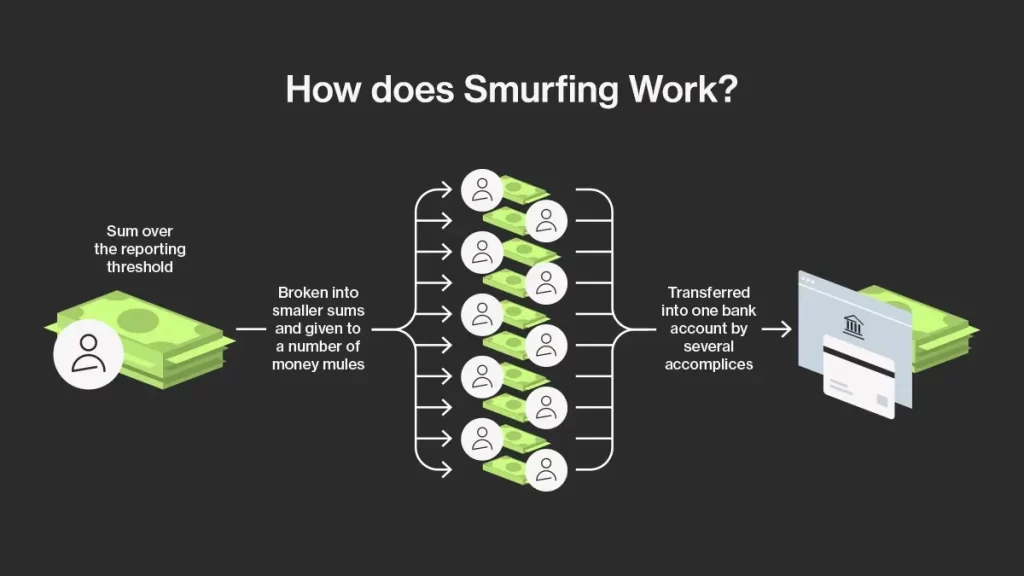
Day 249: Smurfing
#QuickbiteCompliance day 249 🚨 Breaking Down “Smurfing” – The Sneaky Money Laundering Trick! �💵 Ever heard of smurfs? No, not the cute blue cartoon characters—these are the bad guys who help criminals hide dirty money! 💸 How does it work? Imagine a thief has a huge pile of cash from illegal activities. If they deposit…
-
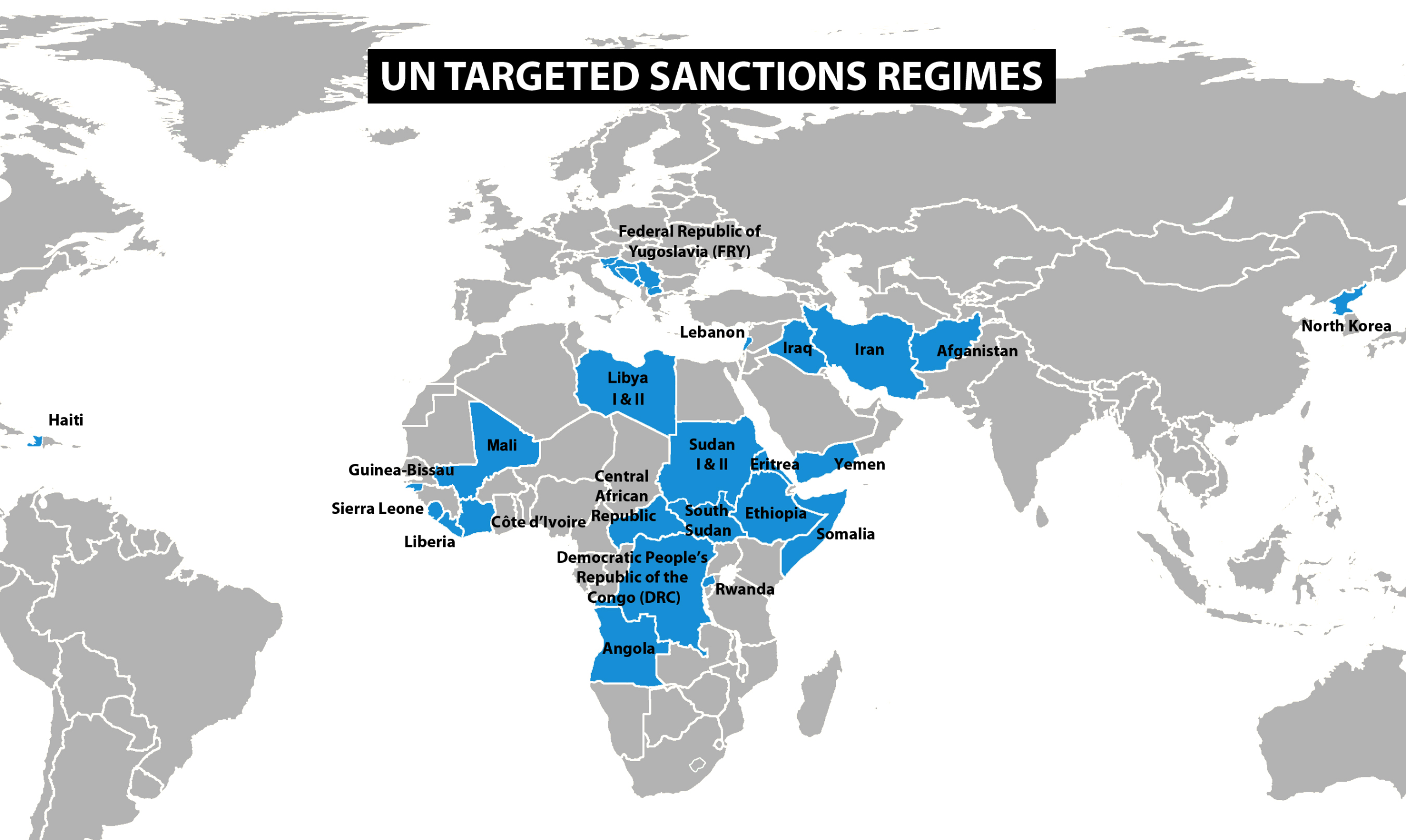
Day 248: Smart Sanctions
#QuickbiteCompliance day 248 🎯 Bullseye Sanctions: Hitting Bad Guys Without Hurting Innocents Imagine trying to stop a school bully by grounding the whole class. That’s what old-school sanctions did—punished entire countries. “Smart sanctions” (or targeted sanctions) are like a laser beam: ➡️ Freeze only the bully’s lunch money (asset freezes). ➡️ Ban only the bully…
-

Day 247: Simple Checks
#QuickbiteCompliance day 247 🚀 Simple Checks: The First Step to Stop Financial Crime 🚀 Did you know that stopping bad guys often starts with something as simple as checking a name? 🕵️♂️ Simple checks are like looking for a needle in a haystack—but with the right tools, you can find it fast! For example, when…
-

Day 246: Shell Company
#QuickbiteCompliance day 246 Unmasking the Magic Trick of Dirty Money: Shell Companies Explained! ✨ Imagine a magician making a coin disappear—but instead of a coin, it’s illegal cash! 🪙💸 That’s what criminals do with shell companies: businesses that look real but are empty “shells” (no office, no employees, no real work!). They’re legal but can…
-

Day 245: Shell Bank
#QuickbiteCompliance day 245 🚨 The Invisible Bank Heist: How “Ghost Banks” Fuel Global Crime 🚨 Imagine a bank with no building, no tellers, and no ATMs—just a name on paper. That’s a #ShellBank: a ghost institution hiding in plain sight, often in offshore havens with lax rules. While legitimate banks have branches, these “paper-only” entities…
-

Day 244: Shelf Company
#QuickbiteCompliance day 244 🚀 Shelf Companies: The “Instant Business” That Can Hide Big Problems! You know how some people buy pre-made cakes at the bakery? Well, shelf companies are like pre-made businesses! They’re created months or years in advance (often by law firms), then sit “on the shelf” until sold. Buyers get a “clean” business…
-

Day 243: Sham Divestment
#QuickbiteCompliance day 243 🚨 Breaking Down “Sham Divestment”: The Invisible Trick Hiding Dirty Money 🕵️♂️ Imagine a game of hide-and-seek where the hider pretends to leave but stays in control. That’s Sham Divestment—a sneaky move used by sanctions targets (like corrupt leaders or criminals) to “sell” assets to friends, family, or allies. On paper, the…
-
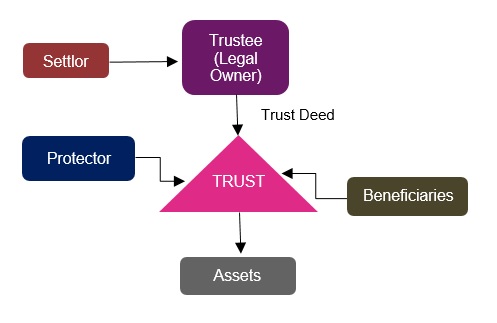
Day 242: Settlors
#QuickbiteCompliance day 242 ### 🏦 Trusts: The Treasure Chests with a Secret Map… and How Pirates Hijack Them! Imagine giving your treasure chest to a trusted friend (a “trustee”) with instructions to share it wisely. You might add a wish list (a “letter of wishes”) suggesting who gets what—like “save some for Timmy’s college fund!”…
-
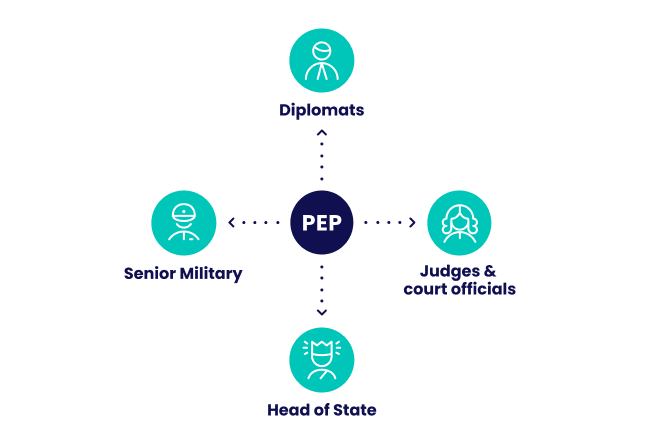
Day 241: Senior Foreign Political Figure
#QuickbiteCompliance day 241 🔍 Keeping Up with the “Big Cheese” from Other Countries: How Bad Guys Use Power to Steal Money! Hey everyone! Let’s talk about Senior Foreign Political Figures (SFPFs)—a fancy U.S. term for powerful people in other countries, like presidents, ministers, or generals. These folks aren’t bad by default, but their power makes…
-
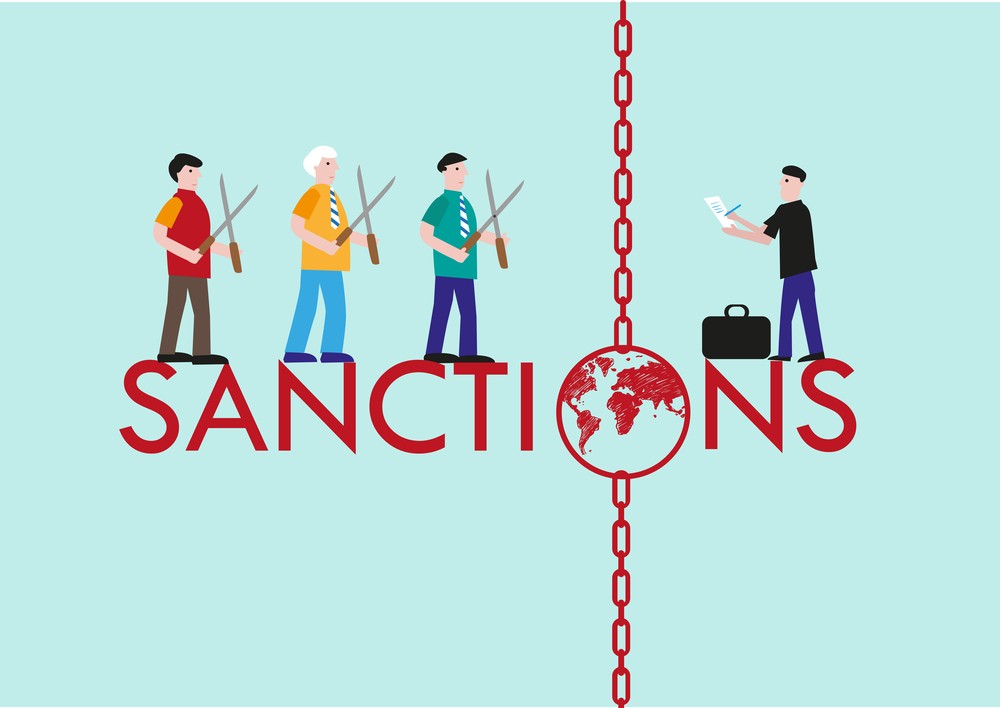
Day 240: Selective Sanctions
#Quickbitecompliance day 240 🚨 How “Selective Sanctions” Help Catch Bad Guys (And How They Try to Cheat!) 🚨 Did you know countries sometimes freeze only the money of bad guys—not whole countries? This is called #SelectiveSanctions or #TargetedSanctions. It’s like taking away a villain’s magic wand instead of destroying the whole kingdom! But guess what?…
